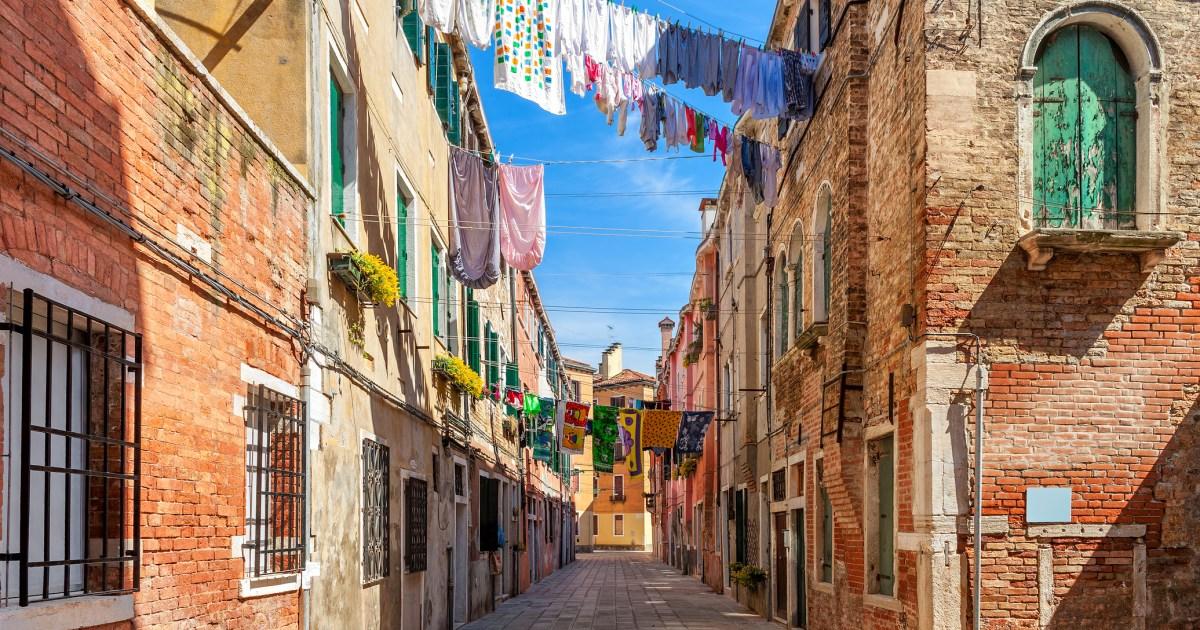Venice, a city renowned for its historic charm and intricate canals, is confronting the escalating challenge of overtourism with a controversial new daily charge, sparking a global debate on sustainable travel practices and urban preservation.
Implemented initially for specific peak periods in 2024 and expanded to 54 days in 2025, this pioneering fee targets “hit-and-run” tourists who visit for mere hours without contributing to the local economy through overnight stays, aiming to mitigate the strain on the city’s delicate infrastructure.
The charge, applicable during the busiest hours of 8:30 AM to 4:00 PM, has ignited significant discussion among residents and international visitors alike, highlighting the delicate balance between welcoming tourism and safeguarding cultural heritage.
Despite the existing fee, a prominent Venetian businessman has vocally advocated for a substantially higher charge, expressing profound frustration over the perceived decline in the quality of tourism and its detrimental impact on the city’s authentic character.
He describes a landscape of unprecedented overtourism, where visitors seemingly wander without engaging with local businesses or appreciating the historical significance of their surroundings, leading to a sense of cultural erosion.
With an estimated 30 million tourists annually, where a staggering 70% are day-trippers, concerns persist that the current measures are insufficient to foster a deeper respect for Venice’s soul and its community, which feels increasingly displaced.
Critics argue that a simple entry fee, regardless of its amount, fails to educate visitors on responsible tourism or cultivate a genuine connection with the city, questioning the long-term efficacy of such financial deterrents.
The ongoing discourse underscores a universal dilemma faced by many iconic destinations: how to manage immense popularity without sacrificing the very essence that attracts millions, making Venice a crucial case study in the future of urban tourism and preservation.






Leave a Reply